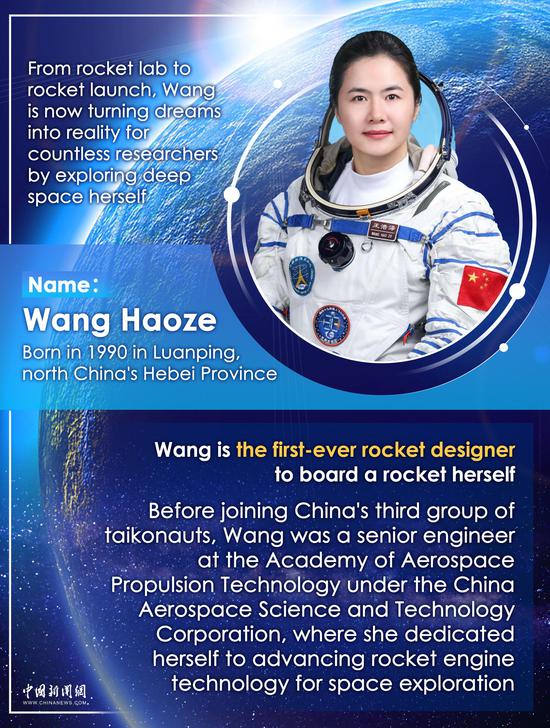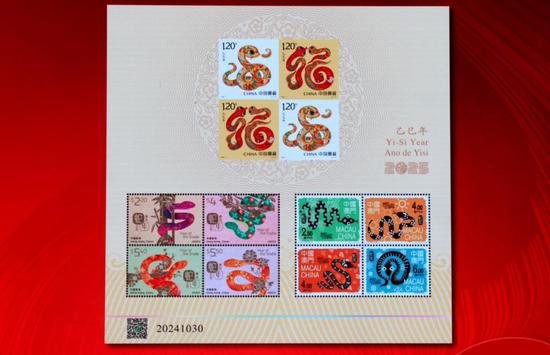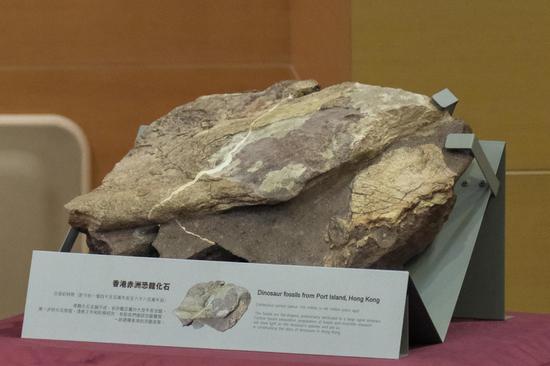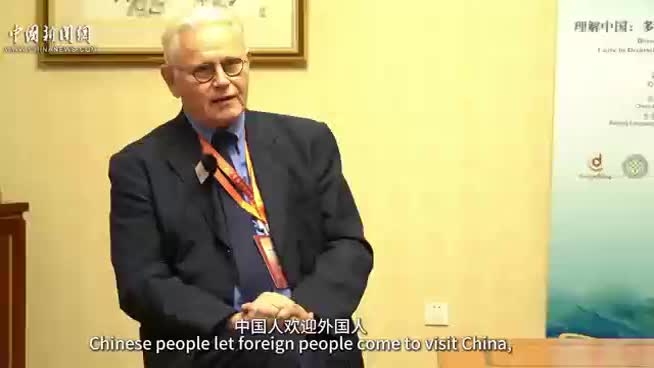Canadian companies are hoping to appeal to Chinese consumers' growing interest in natural health products at the upcoming China International Import Expo, to be held in Shanghai from Nov 5-10. Nearly 100 Canadian companies will participate in the expo.
Jeannie Cheng, chair of the Canada International Trade Promotion Society, said seven companies from British Columbia will display their products in a Canadian Natural Health Products Pavilion.
"This is the first time we have tried to set up this new form of making a health product pavilion," Cheng said.
Canada's offerings align with China's growing demand for natural, safe and high-quality health products, she said.
China's middle-income group is increasingly concerned about health, she said. "We see this pavilion as a way to meet their needs, showcasing products that have unique Canadian advantages: safety, natural ingredients and environmental sustainability."
In 2016, China implemented the "Healthy China 2030" plan to stem the onset of preventable diseases, which has led to a greater focus on wellness.
China's health and wellness industry is valued at $683 billion, which makes it the second-largest wellness market in the world, said Zarina Kanji, head of Tmall Global Business Development for health and wellness, and food and beverage brands at Alibaba UK and Nordics.
Cheng said this shows there is a strong demand for products that meet daily health needs. "The Chinese are willing to invest in products that improve their quality of life, and our exhibitors are ready."
The CIIE allows foreign companies to connect directly with Chinese buyers, she added. "Participating in one CIIE is equivalent to the number of consumers a company will reach in four years."
Cheng believes Canada's commitment to high-quality and natural ingredients gives the country's companies an advantage in meeting Chinese consumers' pursuit of safety and purity.
Innovative thinking
"We are not here just to sell, but to understand Chinese consumers and find ways to better serve them," she said. "To be successful, we need to combine natural advantages with innovative thinking to create products that meet the needs of Chinese consumers.
"This is not just this year's expo," Cheng added. "We see this as the beginning of a lasting relationship with Chinese consumers. China values the values that Canada represents, which are trustworthy, high quality and safe products.
"This partnership has great potential, and we are just getting started."
CAC Naturals, a British Columbia company and the distributor of Webber Naturals in China, is one of the companies in the pavilion in Shanghai.
Wei Xie, CEO of CAC Naturals, said: "This is the seventh time we have participated in the CIIE. We always believe it is an important opportunity to understand China's rapidly changing consumer needs, connect with local distributors and share Canadian natural health products."
CAC Naturals' display will be centered around its premium fish oil.
"Our fish oil is formulated with pharmaceutical-grade standards, which means everything from purity to absorption rate is strictly controlled," Xie said.
"We are seeing Chinese families moving toward a holistic approach to health," Xie said. "Our goal is to make health management simpler and more effective for Chinese families, which means offering combinations that are both balanced and convenient."
Sonia Parmar, vice-president of regulatory affairs and government relations at the Canadian Health Food Association, said, "Canada's regulatory framework for natural health products is among the most stringent globally."
The government's Health Canada assigns each Canadian product a natural product number, or NPN, an accreditation that denotes adherence to strict safety and quality standards. "The Chinese health product market is becoming more quality-sensitive, and Canadian NHPs answer the rising consumer demand for trustworthy, effective health options," Parmar added.
"By participating in CIIE, Canadian companies can further strengthen the values of authenticity, safety and trust — the qualities increasingly demanded by Chinese consumers," she said.


















































 京公网安备 11010202009201号
京公网安备 11010202009201号